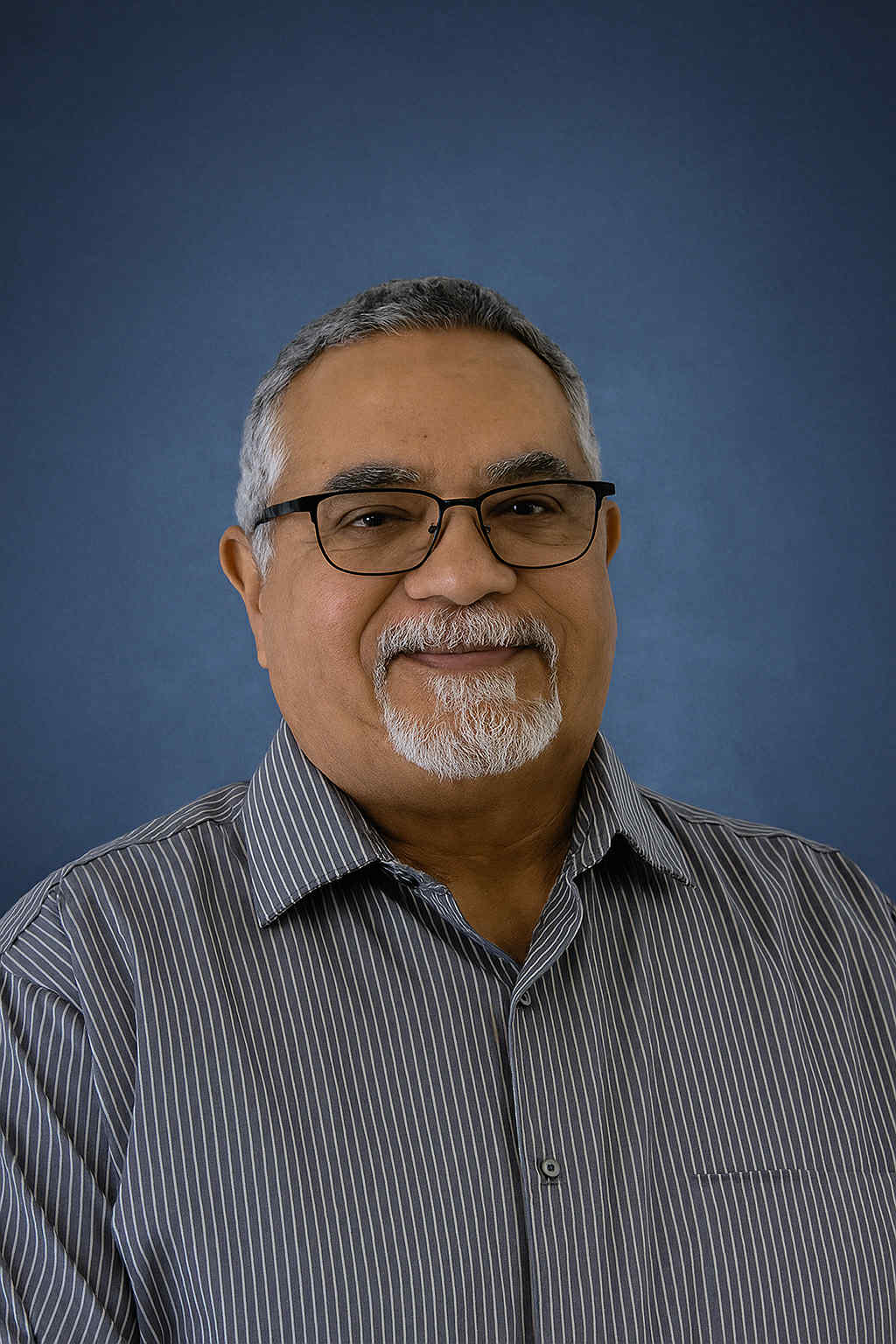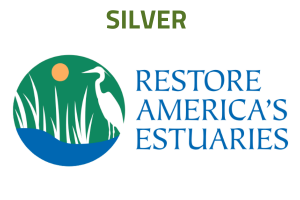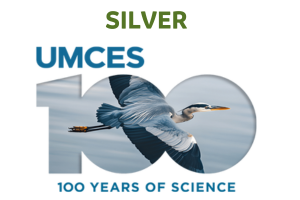- About
- Program
- Registration
- Experience
- Student & EC
- Hotel/Travel
- Sponsor/Exhibit
- Resources & More
Honoring Tsenacommacah: A Welcome from the Chickahominy Indian TribeSunday, 9 November 2025 | 6:00 PM ET | Grand Ballroom B21-AB
In addition to this work, Dana serves as Chair of US Environmental Protection Agency (EPA) Region 3’s Regional Tribal Operations Committee, represents Region 3 on the EPA’s National Tribal Operations Committee, and serves as Region 3’s representative to the EPA’s National Tribal Science Council. Through these leadership positions, Dana works to strengthen Tribal–federal partnerships, ensure Tribal perspectives are included in environmental policy, and promote science-based approaches to protecting lands, waters, and communities. About the Chickahominy Indian Tribe The Chickahominy Indian Tribe is one of Virginia’s oldest Indigenous nations, with a history spanning thousands of years along the Chickahominy River in the Tidewater region. The Chickahominy Tribe, speakers of an Algonquian language, exercised autonomous governance and sustained agricultural practices and riverine economies prior to European arrival. They were among the first tribes to interact with English settlers at Jamestown in 1607, initially offering aid while navigating the disruptions of colonization, land loss, and disease. Throughout the 18th and 19th centuries, the Chickahominy preserved their cultural identity through church-centered communities, oral traditions, and kinship networks, particularly in Charles City and New Kent counties. During the 20th century, the Tribe confronted and resisted the erasure of Indigenous identity under Virginia’s 1924 Racial Integrity Act, which sought to reclassify Native people as “colored” and deny their recognition as Indigenous. The Chickahominy and other Virginia tribes organized, documented their heritage, and maintained separate community institutions, acts of resilience that safeguarded their cultural and political identity despite systemic discrimination. State recognition in 1983 and federal recognition in 2018 under the Thomasina E. Jordan Indian Tribes of Virginia Federal Recognition Act affirmed their enduring sovereignty and cultural continuity. Today, the Chickahominy Tribe continues to promote cultural preservation, education, and environmental stewardship, with ongoing efforts to protect the Chickahominy River and maintain traditional practices. Their history exemplifies resilience, adaptation, and the persistence of Indigenous governance and identity in the Eastern Woodlands. Richmond and the surrounding area rest on the traditional lands of the Powhatan, Youghtanund, Chickahominy, Monacan, Pamunkey, and Mattaponi, among many other Tribes who have made and continue to make their homes along the many rivers of what is now eastern Virginia. As we gather in Richmond, we reflect on our relationship to this land as residents, visitors, and guests. We are here with the purpose of listening and learning, guided by the wisdom of the Indigenous Peoples of this place. Our commitment is to center the voices of the local Tribes, whose work in coastal stewardship we have the honor of welcoming. Our planned action is to carry these lessons forward, ensuring that the leadership and deep, place-based knowledge of these Peoples inform not only our time here but also our work beyond this conference. We are grateful for the opportunity to be in respectful relationship with this land and its original stewards. |

 At the opening ceremony, Dana Adkins will provide a welcome from the Chickahominy Indian Tribe. Dana is a citizen of the Chickahominy Indian Tribe, located in eastern Virginia, and has served as Director of the Tribe’s Environmental Office since its establishment in 2019. In this role, Dana leads initiatives to protect and manage the Tribe’s natural resources while advancing environmental stewardship for future generations.
At the opening ceremony, Dana Adkins will provide a welcome from the Chickahominy Indian Tribe. Dana is a citizen of the Chickahominy Indian Tribe, located in eastern Virginia, and has served as Director of the Tribe’s Environmental Office since its establishment in 2019. In this role, Dana leads initiatives to protect and manage the Tribe’s natural resources while advancing environmental stewardship for future generations.
